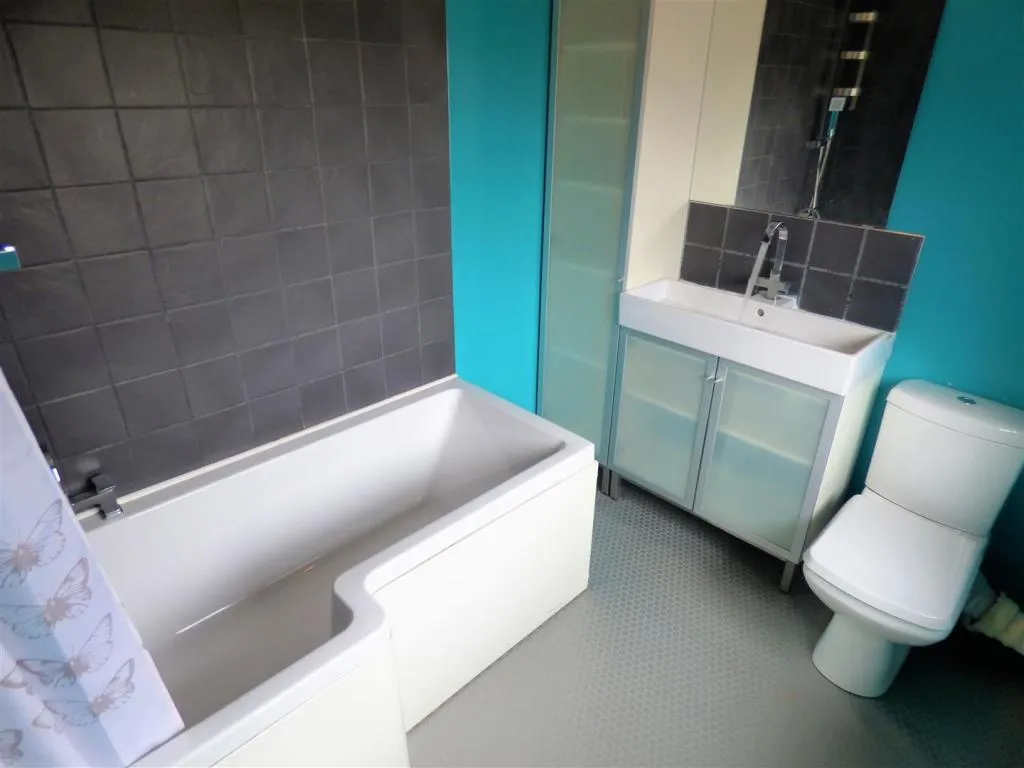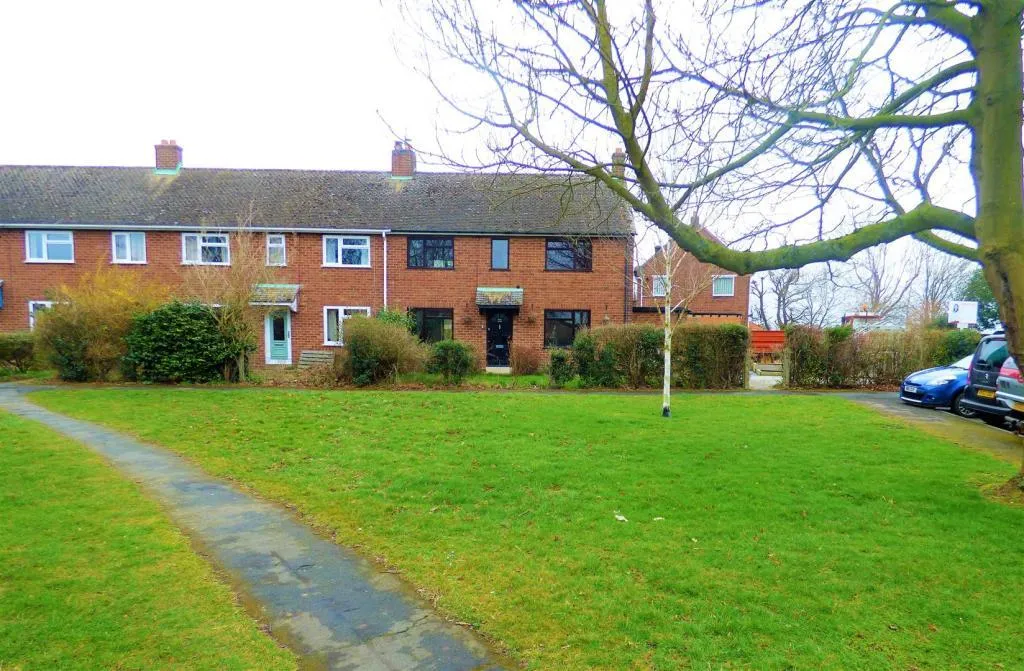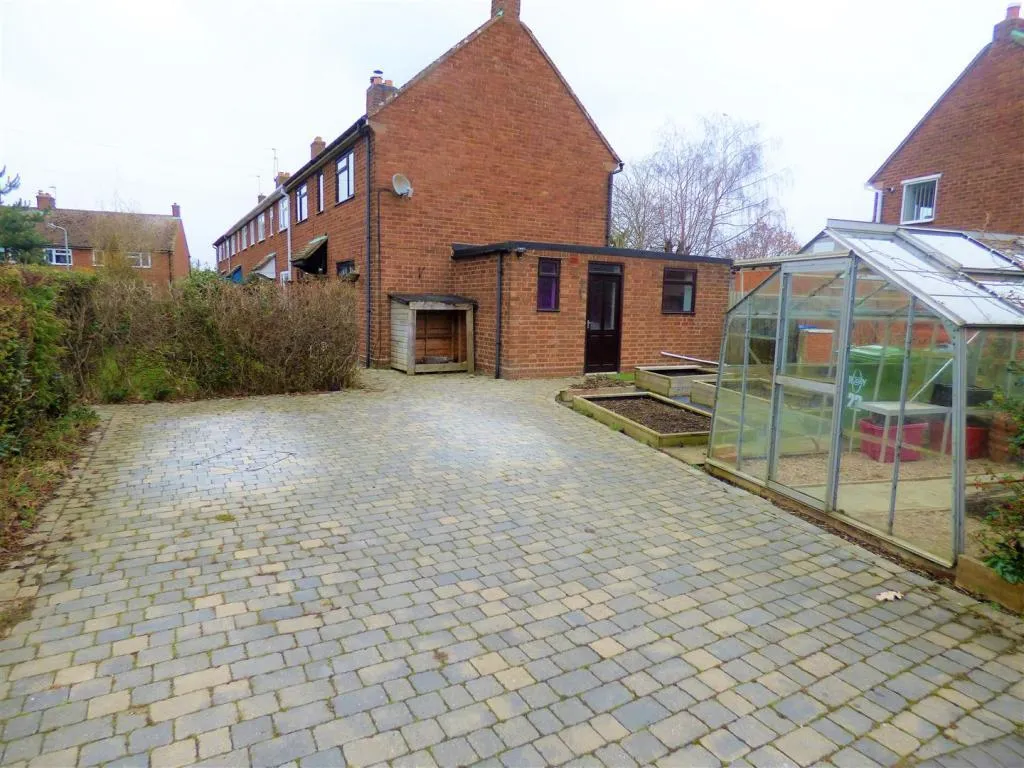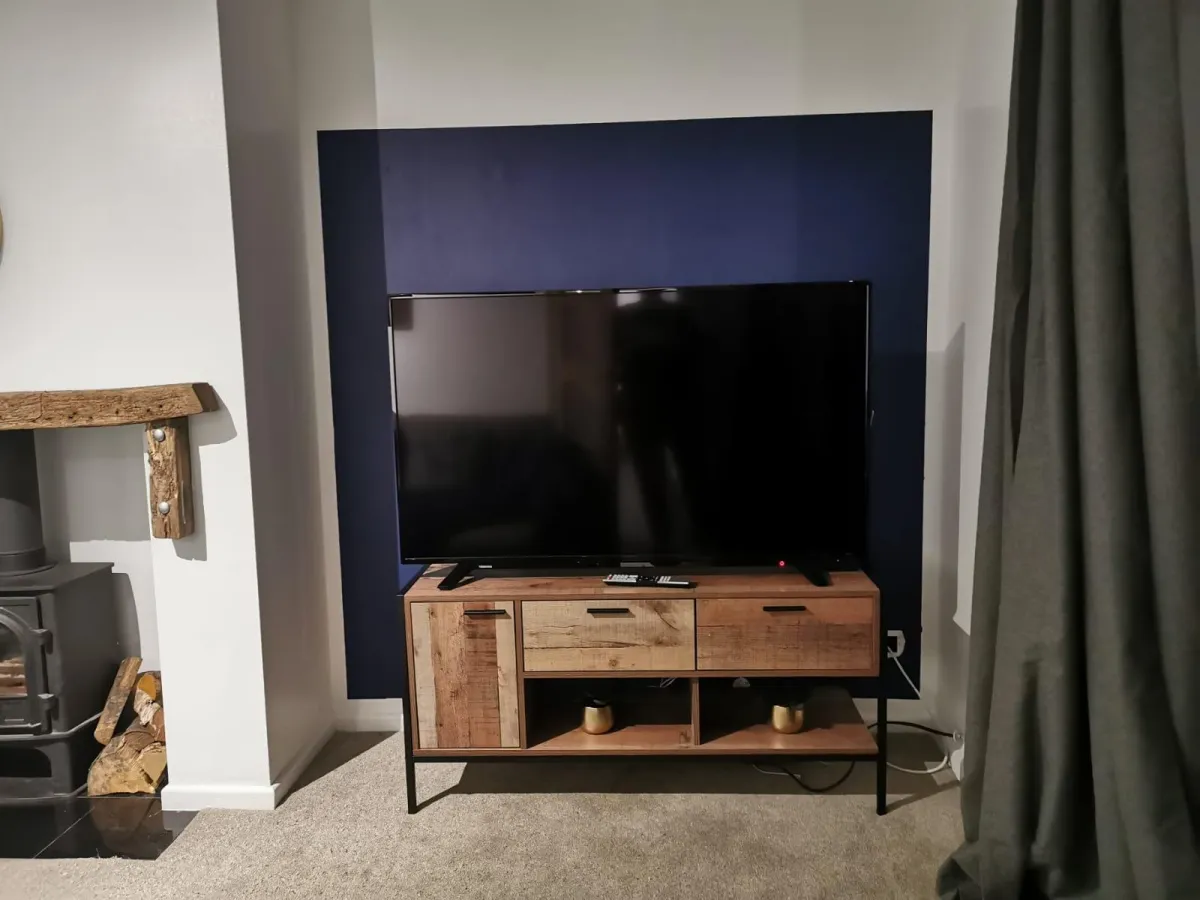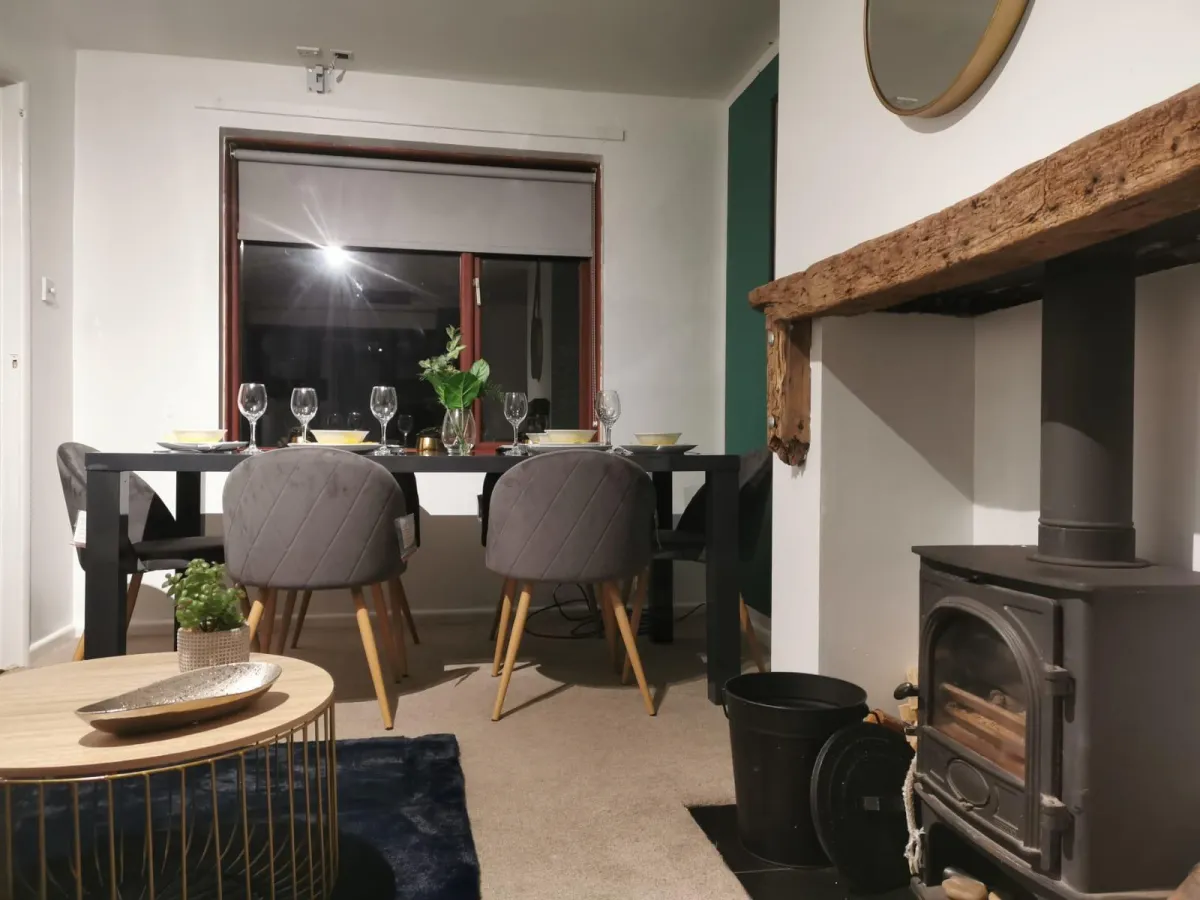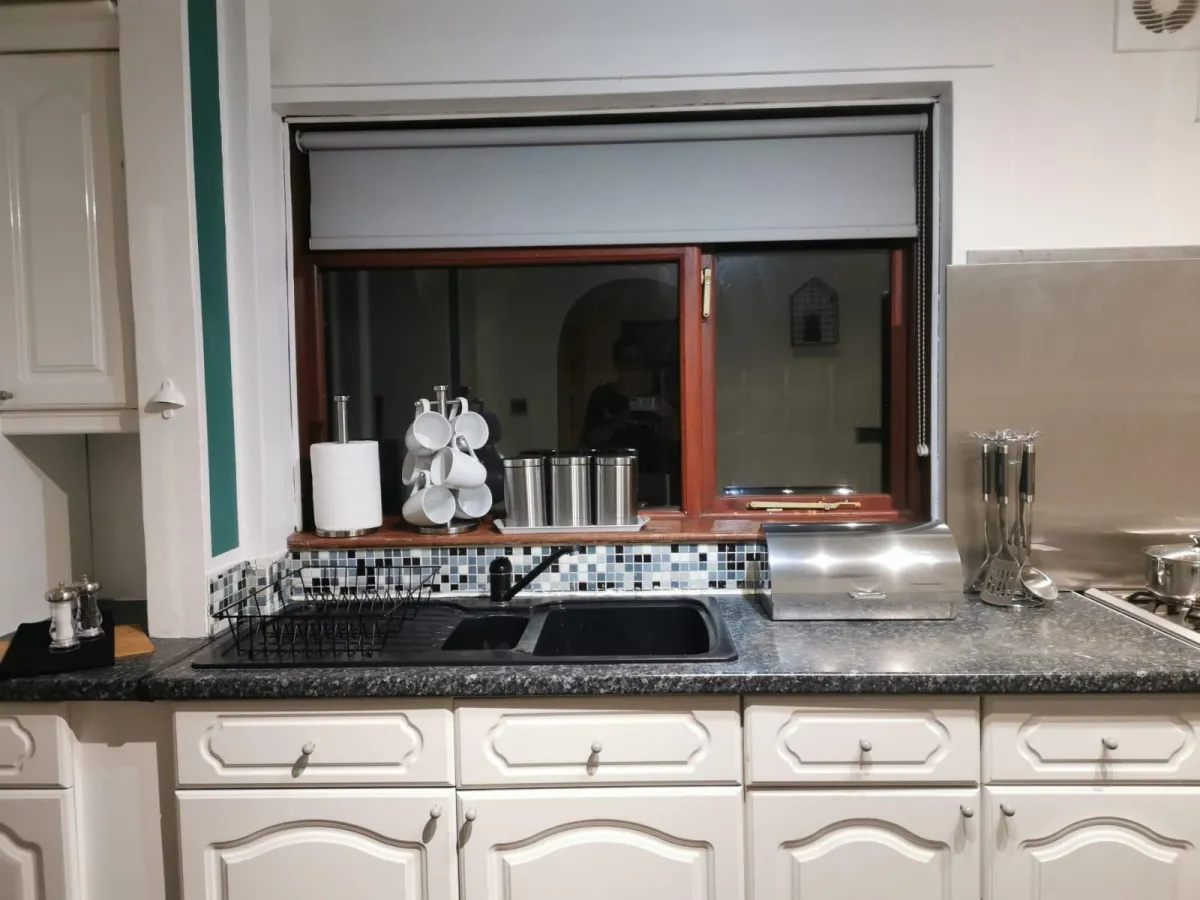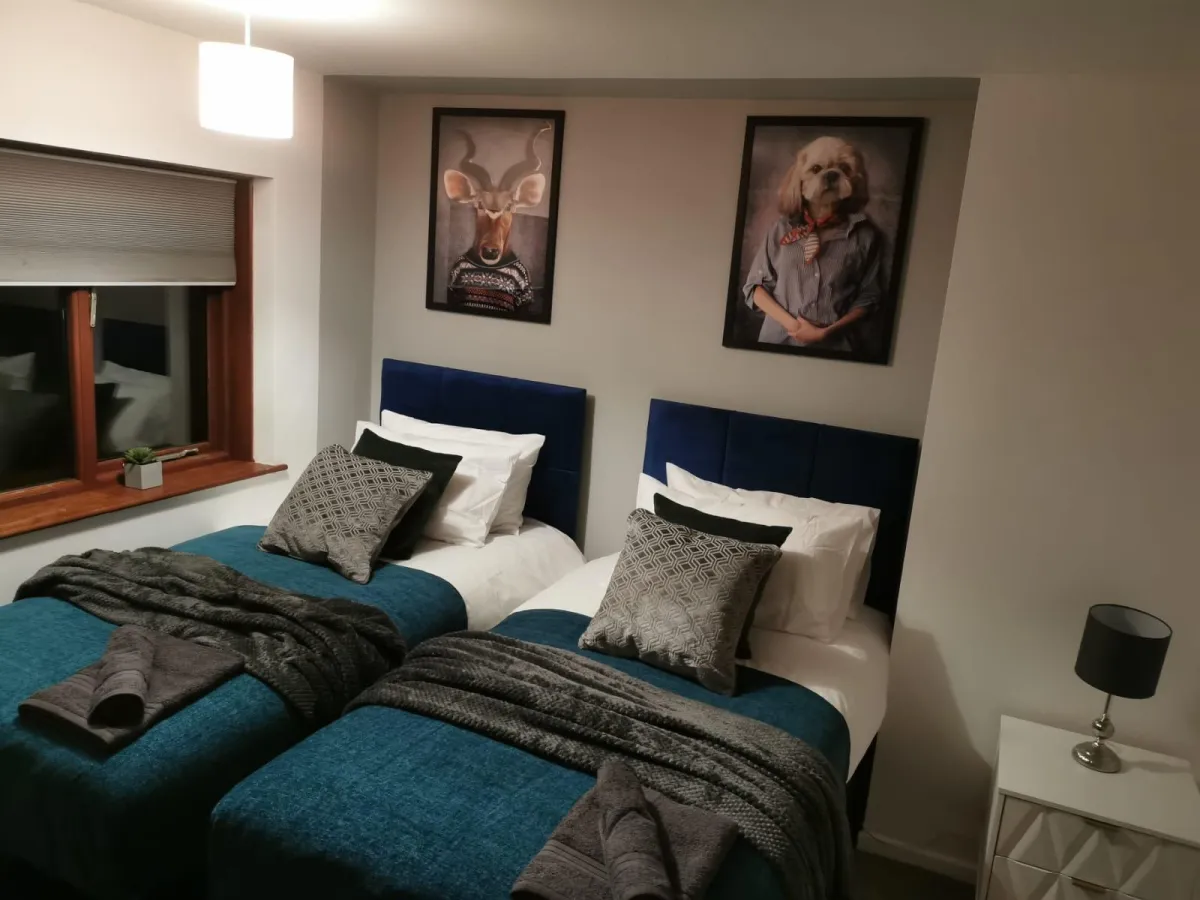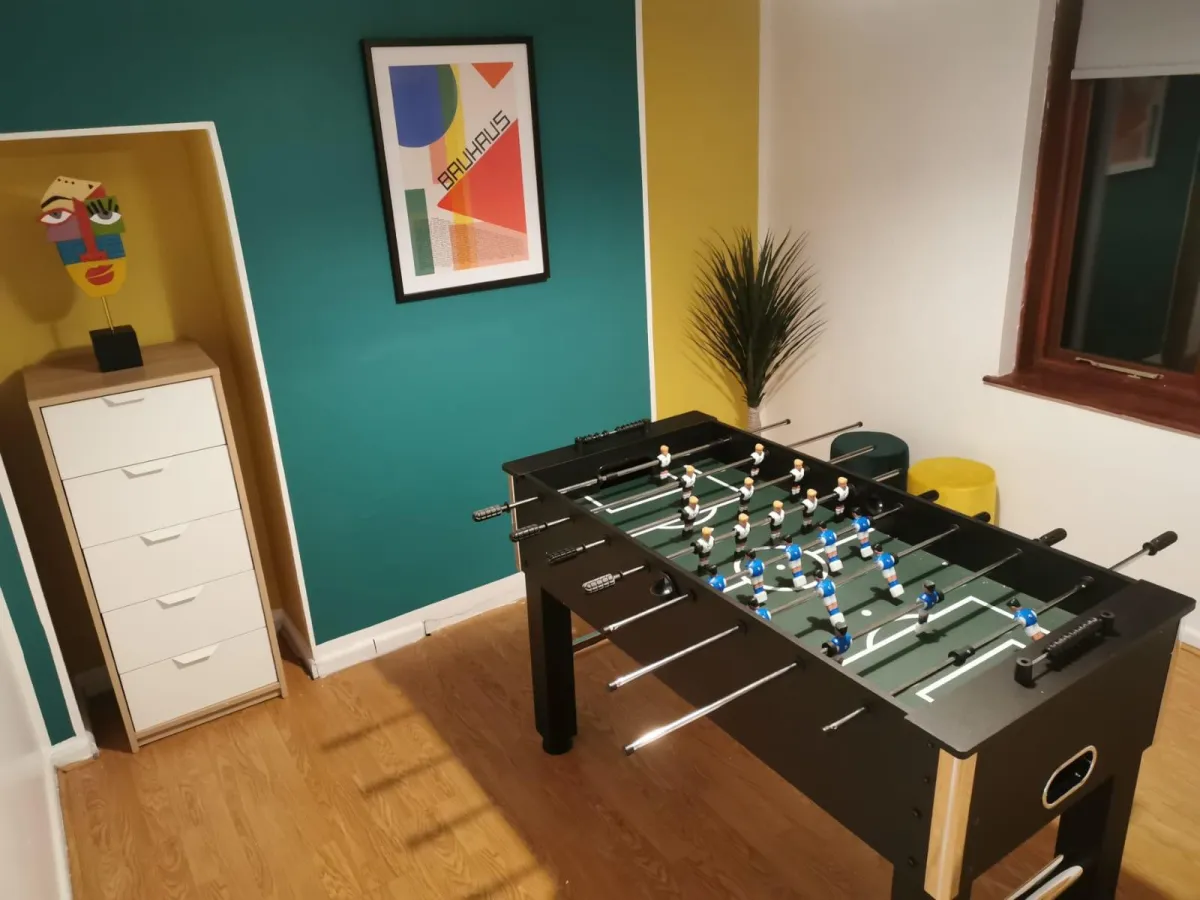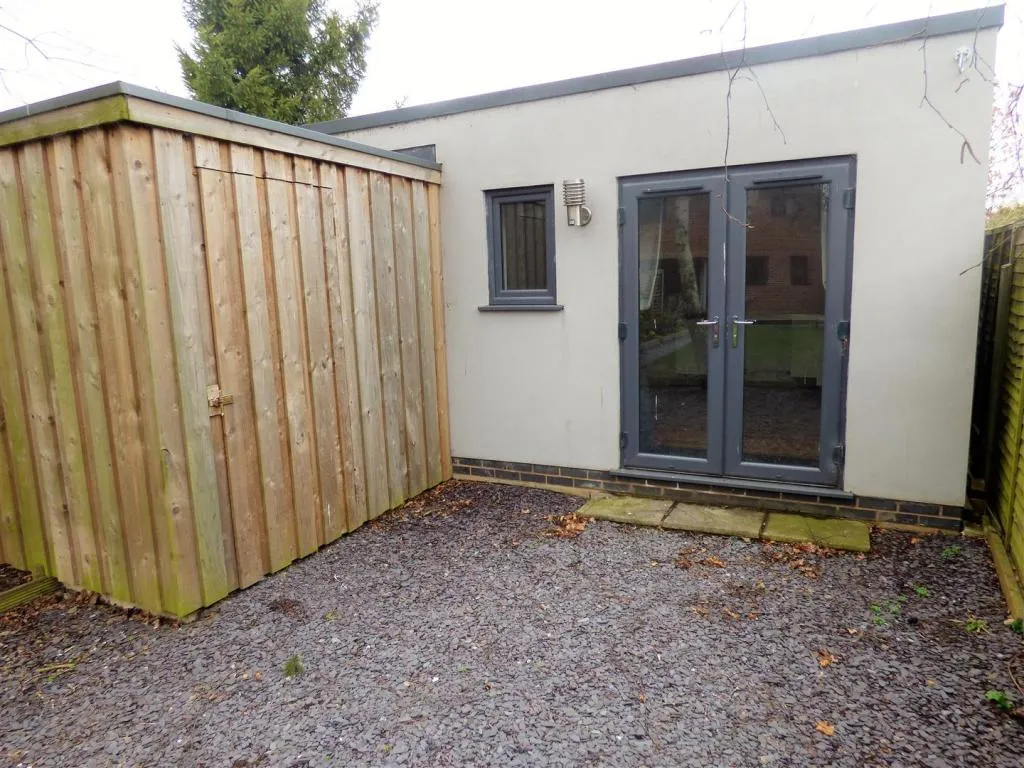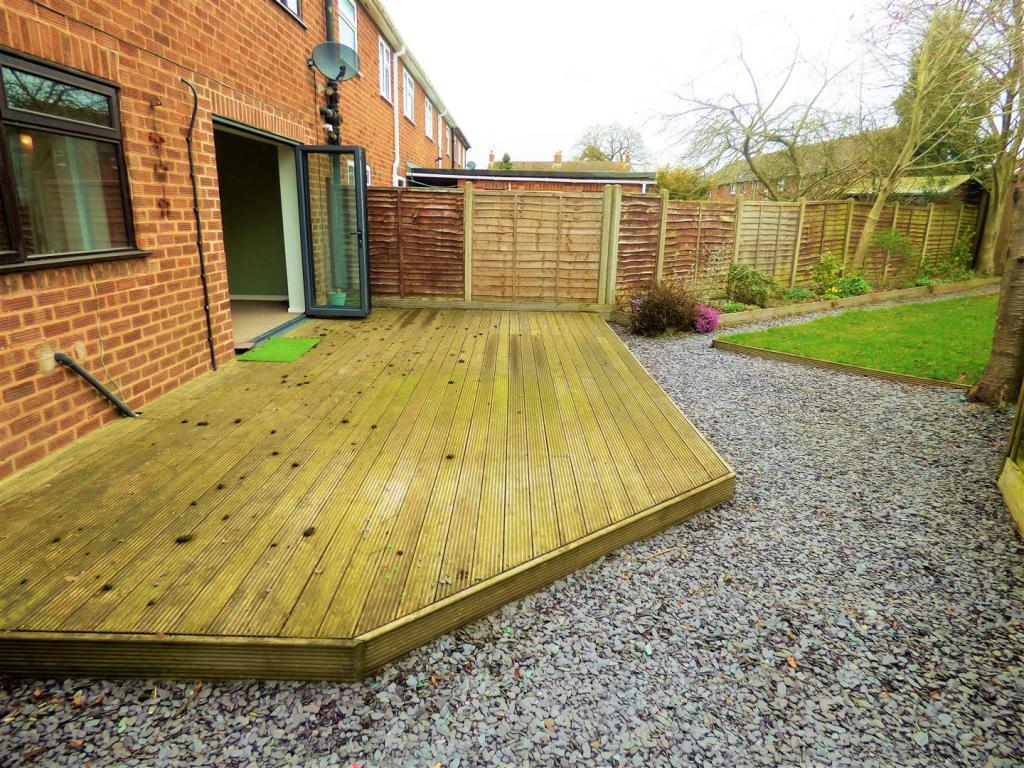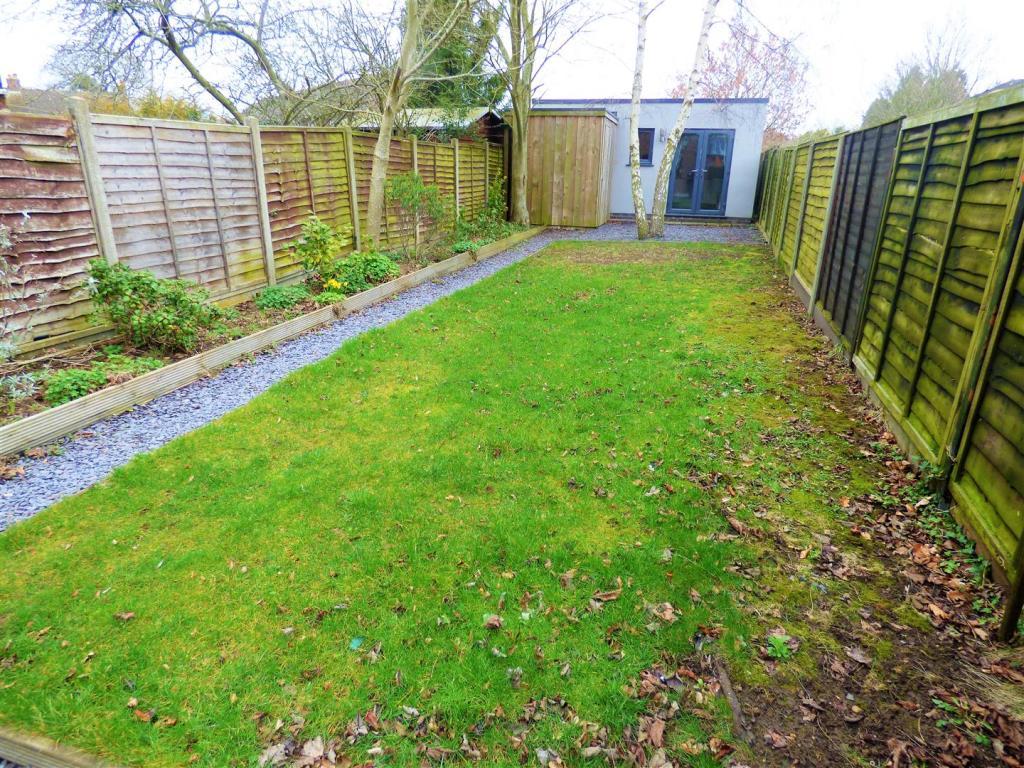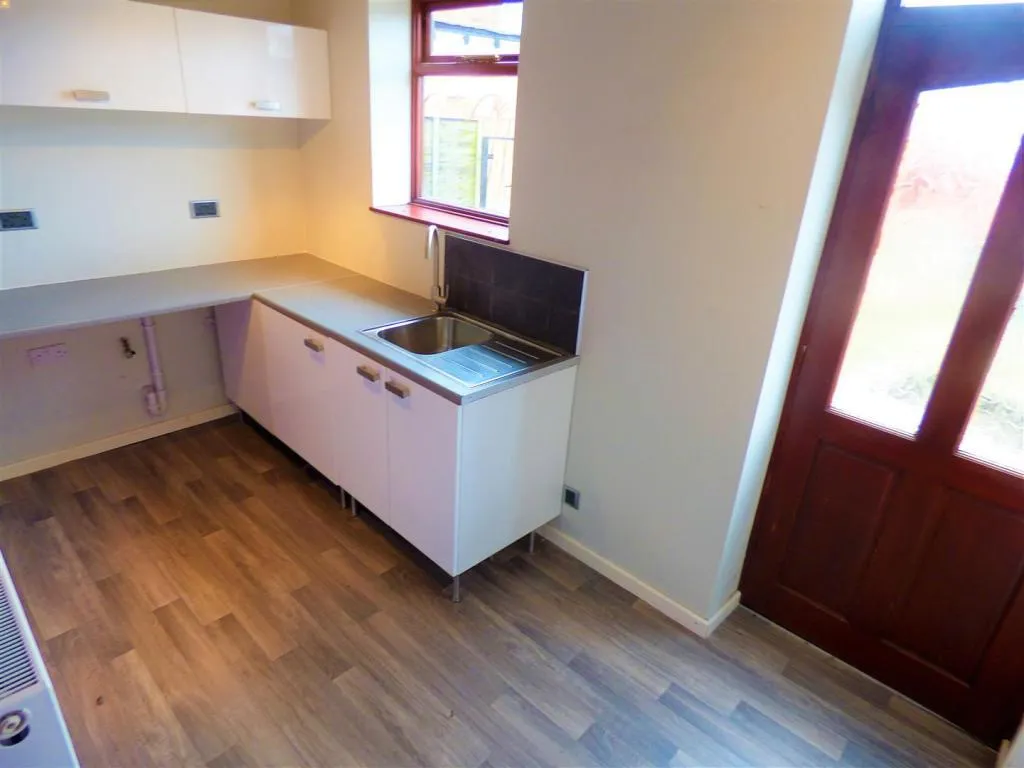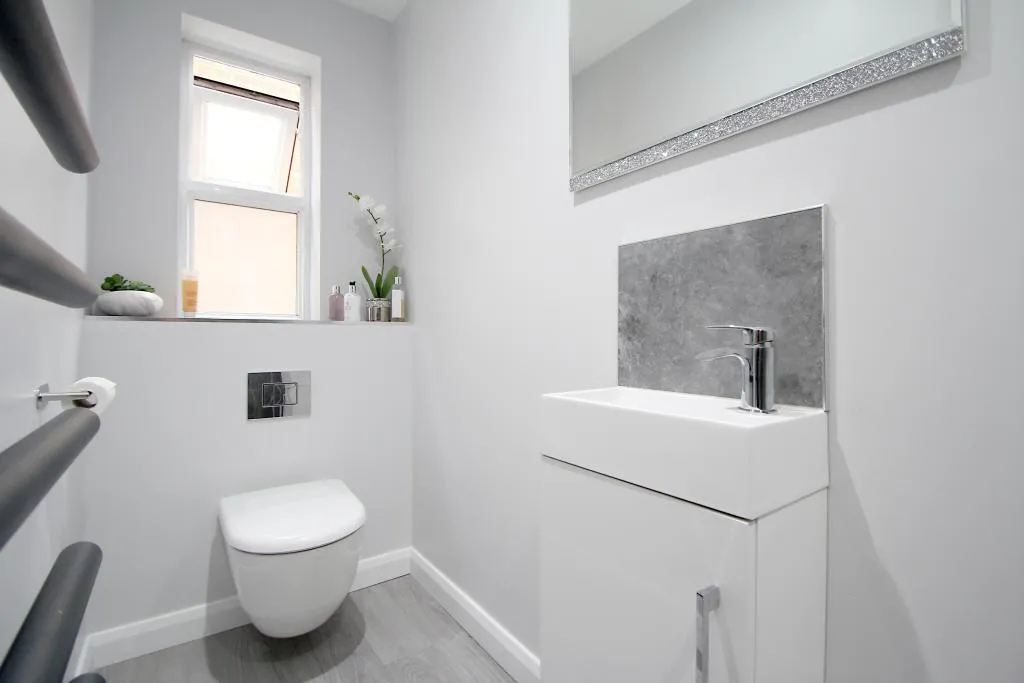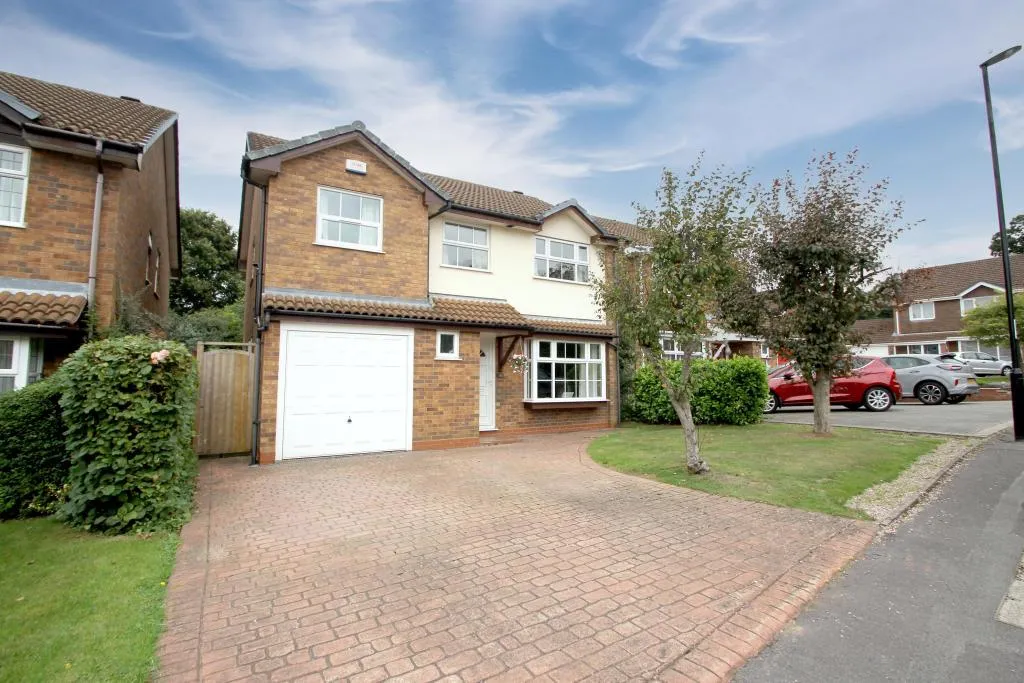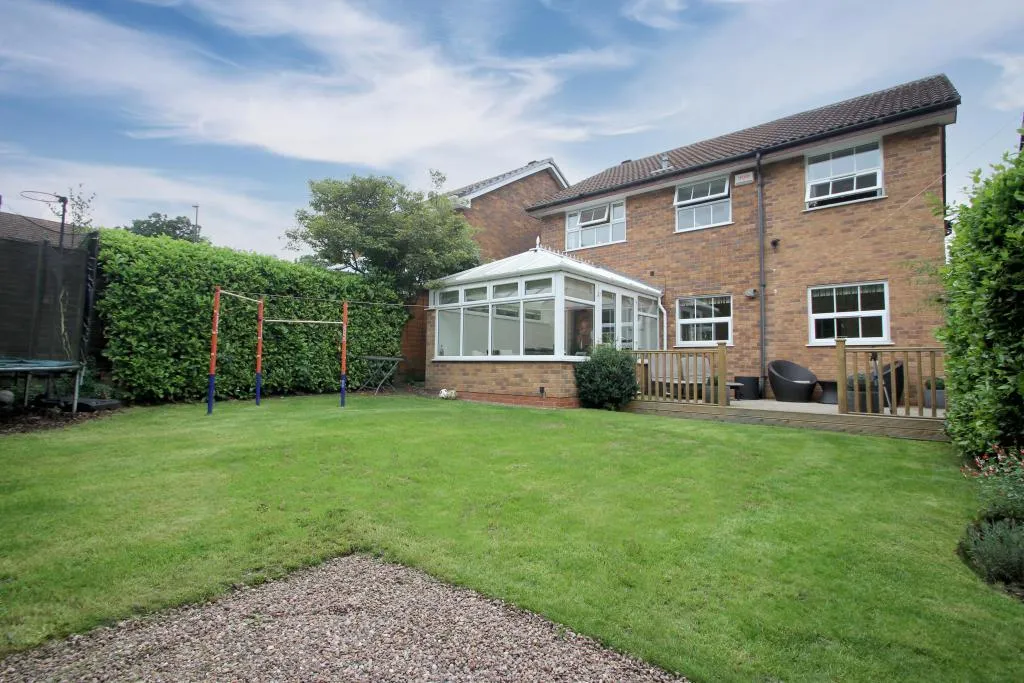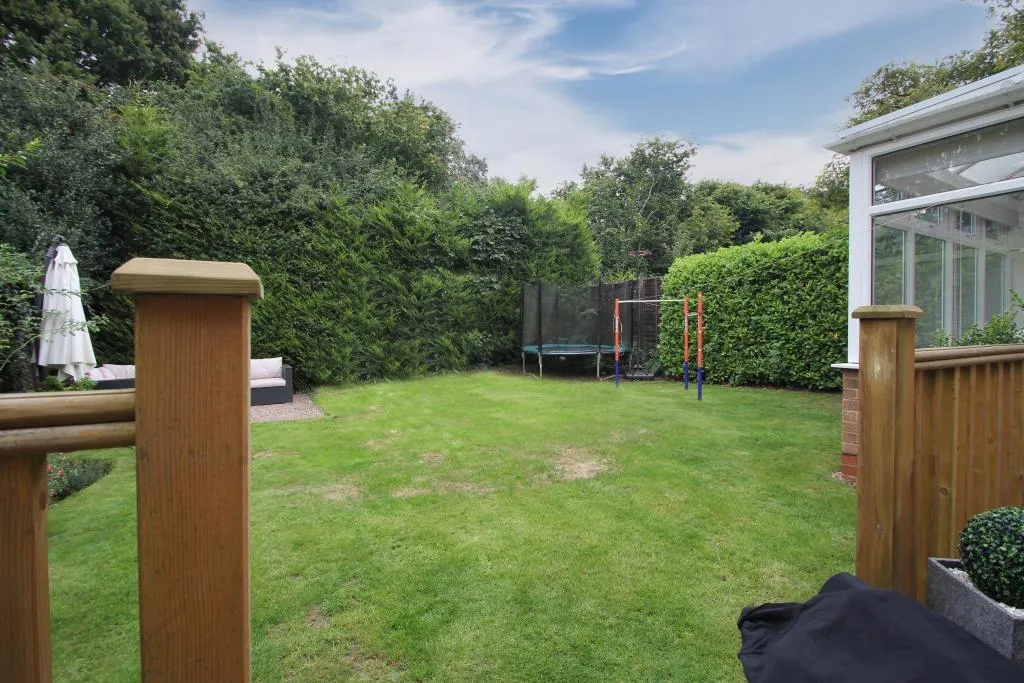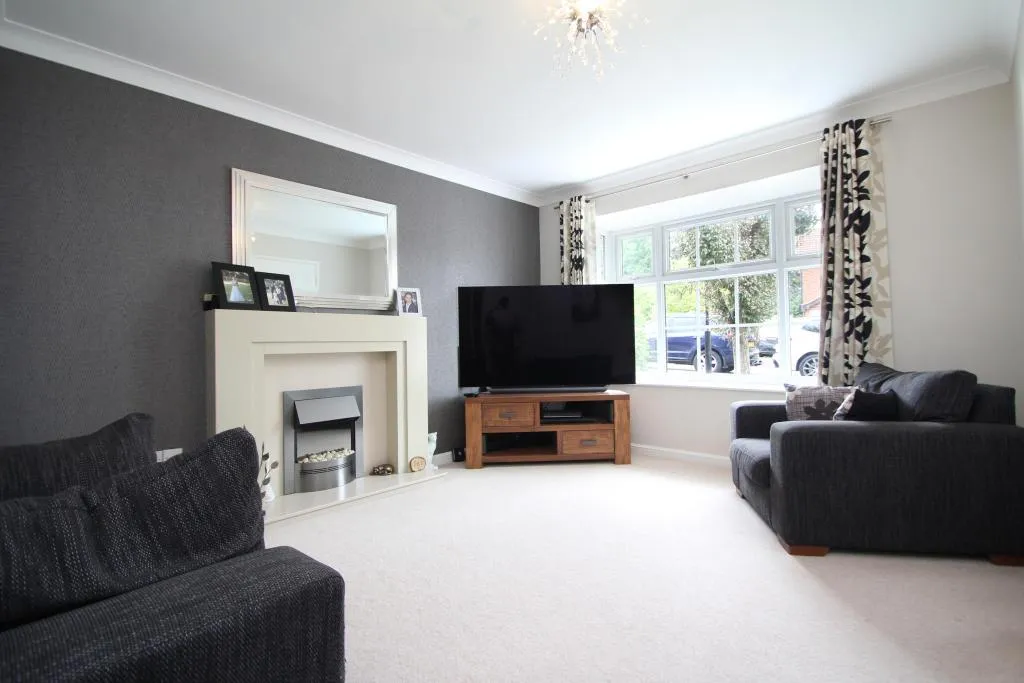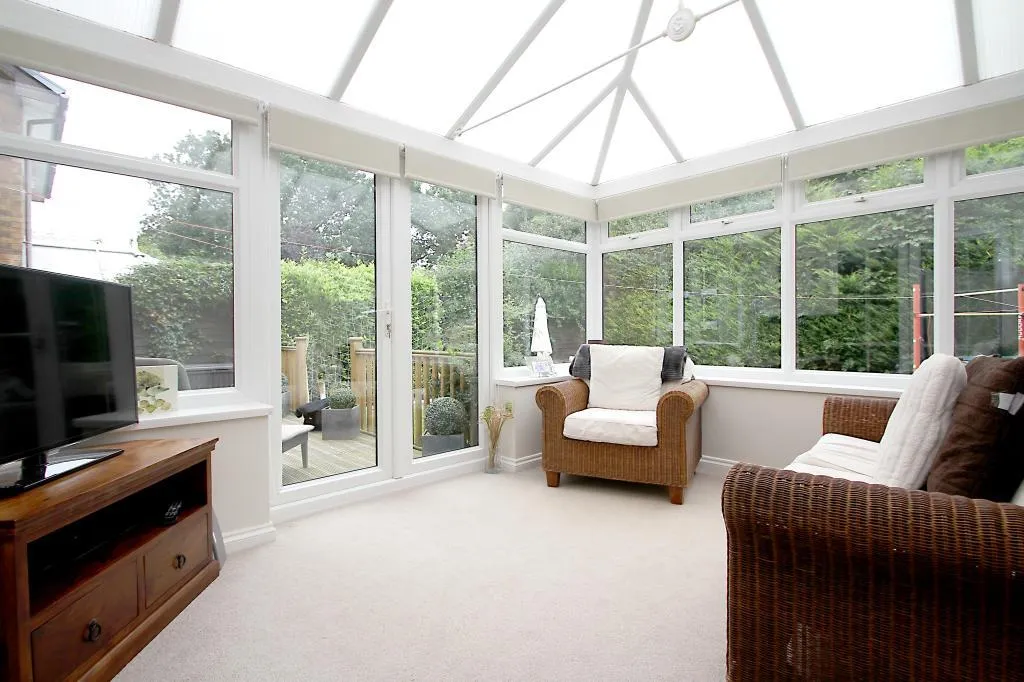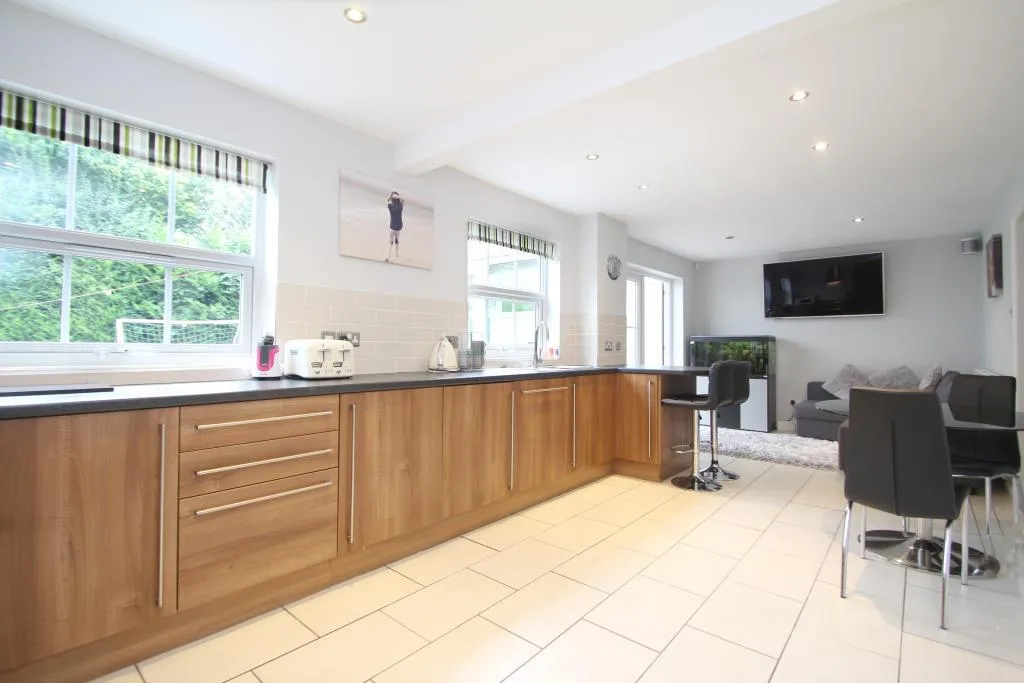Home > Location
Shuttleworth Road, Rugby
Shuttleworth Road, Clifton Upon Dunsmore, CV23 0DB
4 Bedroom
3 Bathroom
2 Vacancy
Internet
Driveway and Onstreet Parking
Summary
A stunning four double bedroom family detached house. Set in a quiet and popular cul-de-sac. Comprising of spacious living room, large kitchen/breakfast/ sitting room, conservatory, dining room and cloakroom on the ground floor. Four bedrooms (Master with en-suite) and the family bathroom.
Grizebeck Drive, Coventry
26 Grizebeck Drive, Coventry CV5 7PL
4 Bedroom
3 Bathroom
2 Vacancy
Internet
Driveway and Onstreet Parking
Summary
A stunning four double bedroom family detached house. Set in a quiet and popular cul-de-sac. Comprising of spacious living room, large kitchen/breakfast/ sitting room, conservatory, dining room and cloakroom on the ground floor. Four bedrooms (Master with en-suite) and the family bathroom.
Plough Lane, Wallington
Plough Lane, Wallington, Greater London SM6 8JQ
4 Bedroom
2 Bathroom
1 Vacancy
Internet
Driveway
Summary
Semi - detached bungalow - offering a beautiful rear garden and off street parking. The bungalow itself boasts reception room, separate fitted kitchen, two double bedrooms and family bathroom.
Frequently Asked Questions
Answers To Commonly Questions
What is supported living?
Supported living is an arrangement whereby a person receives a package of care and support to enable them to live in their own home. These services help people to live happy and fulfilling lives and achieve the things they want to achieve.
What's the difference between supported living and residential care?
Someone in supported living will have their own home and tenancy agreement. They will be responsible for the cost of living and paying their bills, with support from staff. This means that supported living can offer greater autonomy and personal space. Someone in residential care will not have these responsibilities.
Who is eligible for supported living?
You may be eligible for supported living if you are above the age of 18, and need support to live independently. Priory supports adults with a range of conditions, presentations and needs, such as:
Autism
A learning disability
Mental health needs
An acquired brain injury (ABI)
Prader-Willi syndrome (PWS)
Complex needs
Physical disabilities
A forensic background
Behaviours that may challenge
Who is responsible for repairing the home?
The landlord or housing provider will make repairs to the home. In the event of deliberate damage, it's the responsibility of the tenant to fund any repairs. Details of this will be included within their tenancy agreement.
Can friends and family visit?
Friends and family are welcome to visit at any time.
How is supported living funded?
As tenants, the people living in a supported living service pay for their own accommodation. They may fund this via housing benefits in the form of rent payments to the housing provider.
You will pay for the support services provided by the care provider separately. Funding options include direct payments, or funding from your local authority or the NHS. The fees may vary, and we base them on an assessment of each person's needs.
How does supported living help people?
Supported living is a service that enables people to maintain their independence in their own homes. Everyone in supported living has their own tenancy, and they manage their own bills and daily expenses. This makes supported living a good way to blend assistance with self-reliance.
Support is available from a few hours a week to 24 hours a day, 7 days a week, including on a one-to-one basis. We provide care and support across a range of areas. These include:
Community inclusion
Domestic tasks such as cooking, cleaning and shopping
Personal care
Taking medication
Managing finances and budgeting
Accessing education opportunities and voluntary or paid employment
Helping with claiming and managing benefits
Accessing leisure and social activities
Maintaining links with family and friends, and establishing new relationships
Supporting healthy lifestyles
What types of supported living services are there?
Priory has established partnerships with housing providers across the UK, offering a variety of supported living accommodation options. The types of housing we offer include:
Self-contained flats
Communal houses
Communal bungalows
Bespoke solutions
Outreach support
By understanding each person’s needs and goals, we can agree the type of accommodation and locations that might work best for them.
What are the homes like?
All of our tenants’ homes are comfortable and modern. Many have assistive technology services to support daily living. Their convenient locations provide easy access to amenities and transport links. Some types of supported living accommodation are entirely self-contained, while others share communal facilities with other tenants.
Can I bring my own furniture and personal belongings?
The properties generally come unfurnished, and we can support people to pick out their furniture. We also encourage tenants to personalise their spaces to their tastes, in accordance with their tenancy agreement.
Who regulates BlueTreeHouse ’s supported living services?
The Care Quality Commission (CQC), the Care Inspectorate Wales (CIW) and the Care Inspectorate (CI) in Scotland regulate our supported living services. Our own internal quality teams also oversee our schemes. This ensures a robust and responsive approach, which means that we can support people in the best possible way.

What do tenants have to pay for?
With our support and where possible, tenants pay for their day-to-day living expenses, such as food and clothing. Tenants are responsible for paying bills and any additional outgoings they may have, such as contents insurance, internet access and a TV license.

